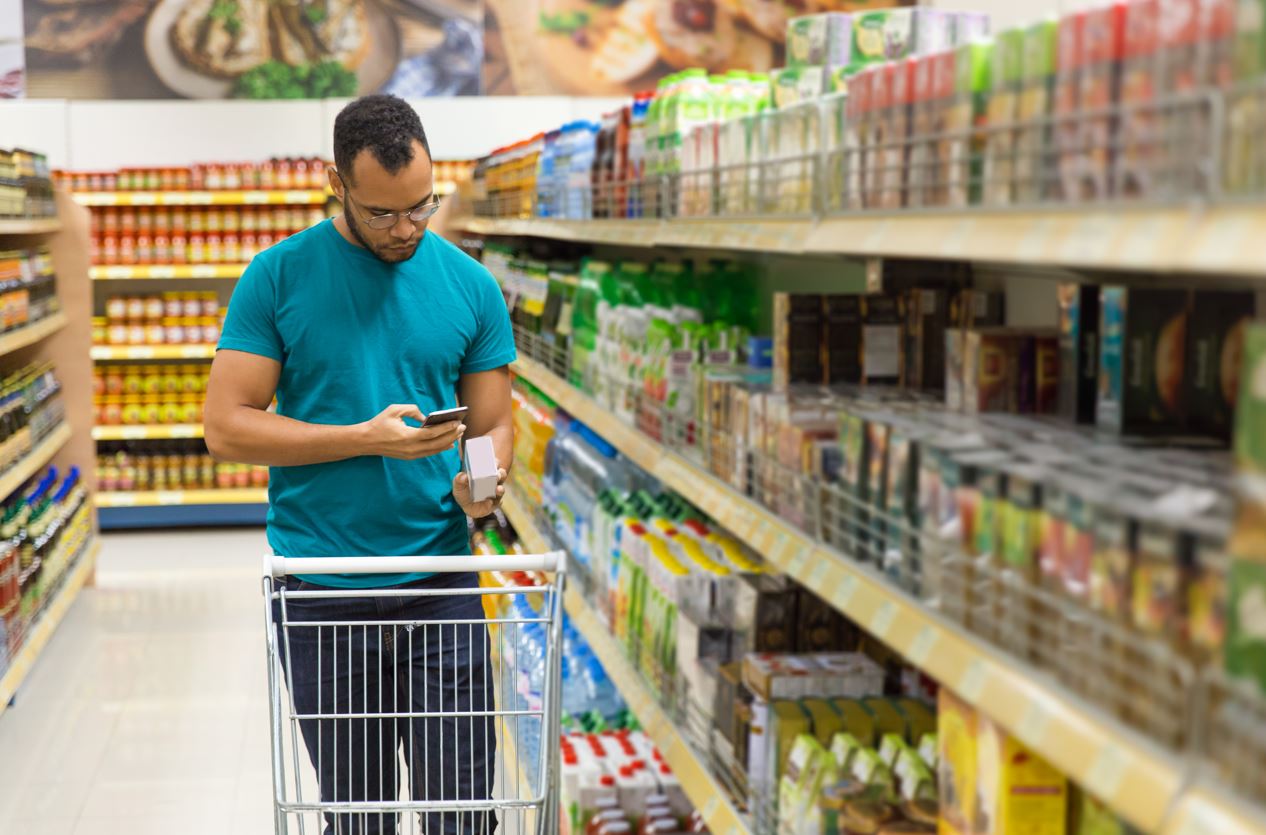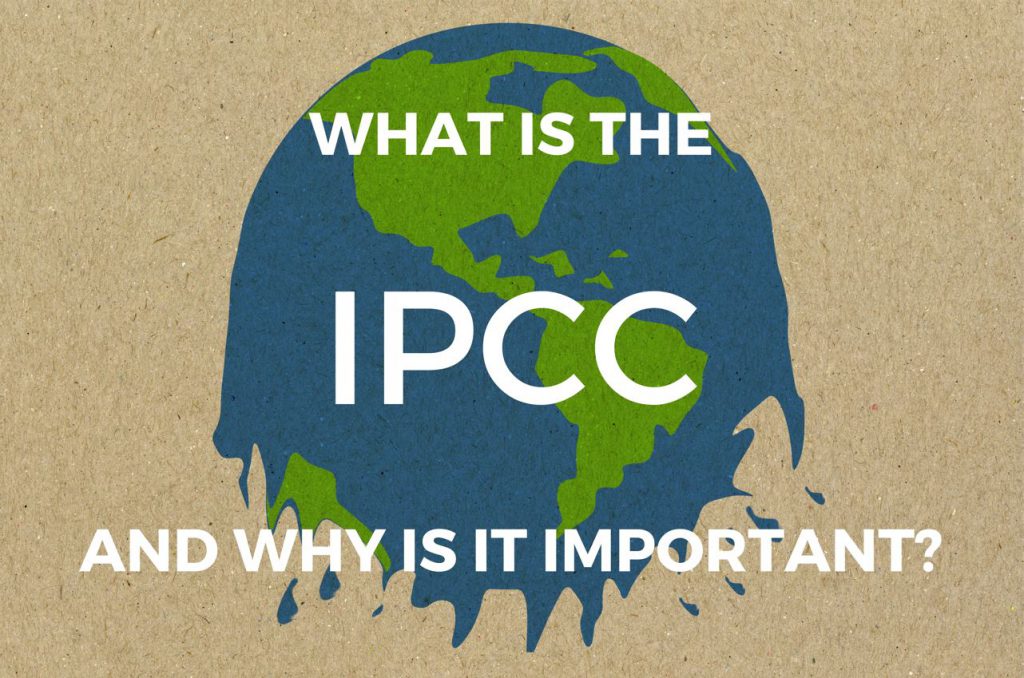Sustainable labelling informs consumers and other groups about the environmental impacts of producing or using a product. A brand’s commitment to adopting eco-conscious practices is essential to both the environment and a company’s image and reputation. As more people demand environmental awareness from the companies they do business with or buy products from, the use of sustainable labels has soared. So, where does sustainable labelling fit into manufacturing, and how does it help build trust in products and manufacturers?
What is Sustainable Labelling?
Eco-labels set minimum environmental and health standards and verify products that meet the criteria. They’re designed to inform consumers, brands, and manufacturers that labelled products are more environmentally friendly than most. While they’re voluntary, they are fast becoming an important competitive factor around the globe. As they are verified through often rigorous processes, eco-labels also protect consumers from dubious environmental claims or what’s often referred to as “greenwashing”.
In terms of applicability, a sustainability label focuses on characteristics like responsible sourcing of raw materials, carbon footprint of product, compostability, recyclability, and so on.
Eco Labels and Sustainability
Earth-friendly certifications abound for everything from coffee to chocolate and plastics. They’re issued by governments, NGOs (non-governmental organizations), industries, and companies. The Geneva-based ISO (International Organization for Standardizations) uses various standards to cover different types of eco-labels, including third-party, self-declared, and environmental product declarations.
Along with the ISO, there are multiple international agencies involved in eco-labelling, including:
- The Global Ecolabelling Network, issues certification to voluntary applicants.
- The ISEAL Alliance is an association of international standard-setting, certification, and accreditation organizations focused on social and environmental issues. The association’s Code of Good Practice lists the criteria for how standards are set.
- Certified organic is a general term representing third-party certified organic agricultural products, including food, drinks, personal, and building products.
Regardless of the certifier, eco-labels are meant to communicate when a product has been manufactured in a way that is considered sustainable from an environmental, economic, and social standpoint. They can be single-use, focusing on a single lifecycle stage, or multi-use, meaning they focus on a product’s entire lifecycle, from manufacture to disposal.
Unlike “green symbols,” eco-labels are verified, and the products they assess are guaranteed to meet certain environmental performance requirements. The labels can focus on different environmental aspects of a product, such as energy consumption, water use, or a combination of factors. Energy Star is probably the most recognized eco-label around the world.
UBQ and Sustainability Labelling
Sustainability certifications are beneficial tools that add trustworthiness to the quality of products and services. UBQ Materials is proud to be certified by multiple programs and organizations.
- The USDA Certified Biobased Product Label recognizes bio-based products, including bio-based plastics, that reduce their reliance on petroleum, increase the use of renewable agricultural sources, and contribute to reducing adverse environmental and health issues impacts.
- ISO 9001 quality certification supports a company’s efforts to increase efficiency and improve the customer experience. It adds credibility to a product’s quality and recognizes quality management systems. It’s an essential building block for any business looking to improve risk and quality management.
Unlike petroleum-based resins whose polymer chains weaken with each cycle, the UBQ™ material can be recycled up to five times without decreasing its physical qualities. It is a sustainable alternative to conventional plastics, wood, and concrete in the manufacturing of thousands of everyday products, including in the automotive, household goods, and restaurant industries.
Sustainable labelling helps people feel more confident and know that the products they buy meet their sustainability standards. It also enables manufacturers to be seen as integrity-driven and helps them stay on track with their environmental efforts. To learn more about eco-labelling or UBQ Materials, get in touch with us today.


